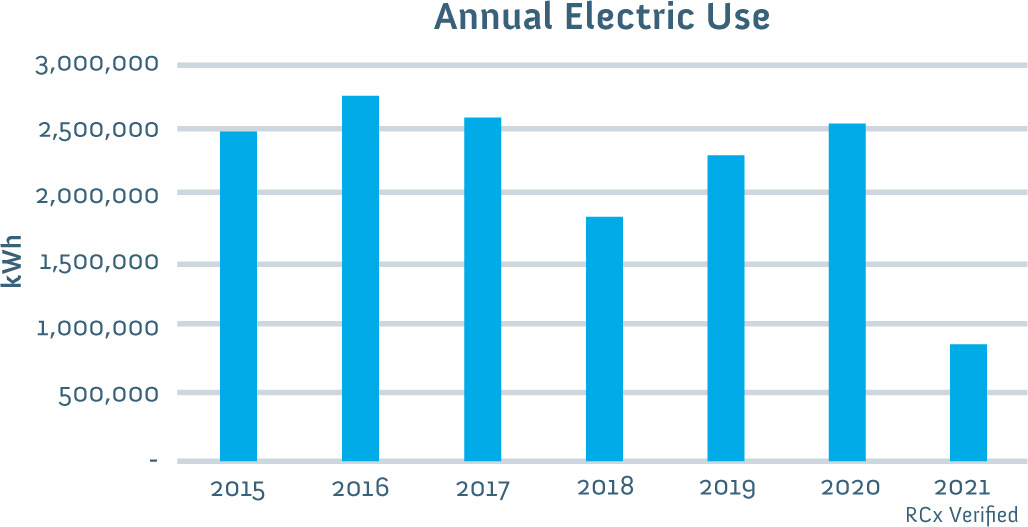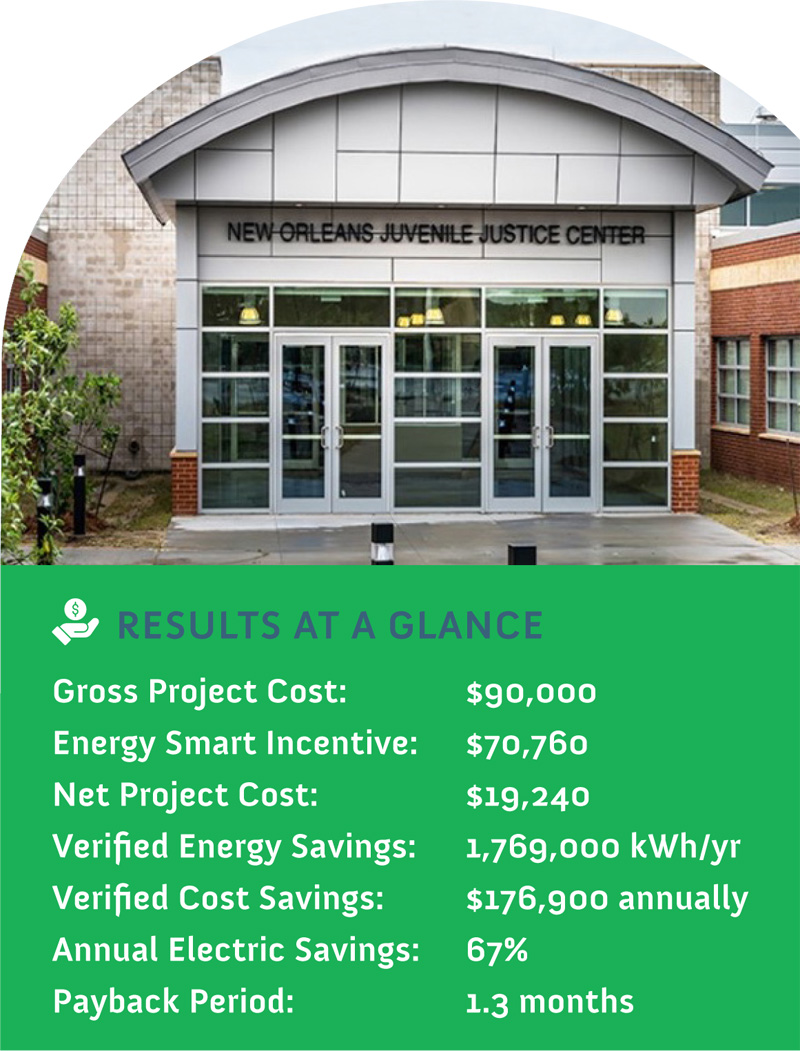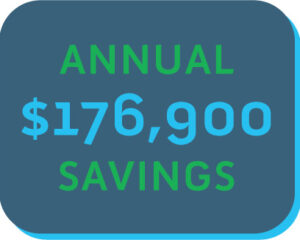Retrocommissioning is the process of reviewing and optimizing building systems to ensure a building is operating at peak efficiency.
The systems and use of buildings and spaces within buildings morph continuously throughout its lifecycle due to occupancy and/or equipment changes. The use of a building may even change between final design and occupation of the building. Retrocommissioning addresses those changes to the use and operation of a building and should be a part of a building owner’s long term operations and maintenance strategy in order to operate efficiently in an energy conscious manner.
An RCx expert is like a home inspector that is a third party to represent the owner/operator to investigate and deliver an unbiased evaluation and scope of work for trade contractors to implement. Our RCx experts also assist and support throughout a project to ensure that the efficiency measures are correctly implemented. Even green buildings can be energy hogs if mechanical systems or Building Automation Systems are not maintained or implemented properly.
WHEN TO CONSIDER RCx
- When there is a change of use, schedule, or occupancy load of a building.
- Establishing a baseline of energy performance
- Looking for energy saving opportunities for building and existing equipment
- Having issues heating and cooling building effectively
- Having issues with humidity
- Experiencing issues with equipment and system performance
- Noticing unexpected increases in energy costs and use
- Trying to obtain or improve a green building certification
BENEFITS OF RCx
- Potential for significant reduction in utility costs, with ROI within a year
- Utilize utility Retro-commissioning incentive offering to save a significant amount of energy and produce paybacks of less than two years with the help of incentives. Ex. Energy Smart New Orleans
- Receive expert advice and support for building’s overall energy performance
- Uncover hidden problems that may be making a building less efficient
- Reduce operating costs by improving equipment and system performance
- Improve employee productivity and comfort with greater temperature control
Our Team

Jackie Dadakis
CEO
Jackie@greencoastenterprises.com

Joe Ryan
Vice President, GCE Services
joe@greencoastenterprises.com
Retrocommissioning really works!
See how we reduced the energy usage at the
Juvenile Justice Center in New Orleans.
GCE Services Retrocommissioning
Juvenile Justice Center
New Orleans, LA
Juvenile Justice Center (JJC) is a courthouse that was built in 2015. The building is owned and operated by the City of New Orleans and serves as the Orleans Parish Juvenile Court.
The goal of this project was to reduce energy use by upgrading and optimizing the building automation system (BAS).
PROJECT OVERVIEW
The HVAC system had outdated controls and inefficient operations. The chiller plant and air handling units were running 24/7 and over-cooling spaces, resulting in excessive electric heat use and high utility costs. To reduce electricity consumption of the HVAC system, the BAS software was upgraded and energy conservation measures were implemented through the retro commissioning (RCx) process. This resulted in a 67 percent reduction in energy use and significant improvements in occupant comfort and system operations.

RCx APPROACH
GCE Services was selected by the city of New Orleans as the RCx Service Provider to lead the process of improving the building performance and energy efficiency. The four-phase Energy Smart Retro-commissioning offering was used to save a significant amount of energy while producing a payback of less than two months. The first phase, the Application Phase, consisted of an initial feasibility assessment of the property.
Green Coast has been instrumental in helping us meet our energy goals. The RCx process resolved problems with the HVAC system at the Juvenile Court and resulted in energy savings that quickly paid back the net project cost.
GREG NICHOLS,
City of New Orleans Deputy Director of Property Management

The Investigation Phase involved utility bill analysis, energy use benchmarking, building equipment inspections, interviews with building operators and occupants, testing of selected equipment and systems, and an extensive review of the BAS and trend data of the HVAC system.
The Implementation Phase involved coordinating efforts among the RCx provider, facility staff, and contractors to make repairs, upgrades, and BAS adjustments based on selected ECMs.
The M&V Phase consisted of data collection, utility bill regression analysis, and BAS monitoring and trend analysis to generate a verified energy savings report.


